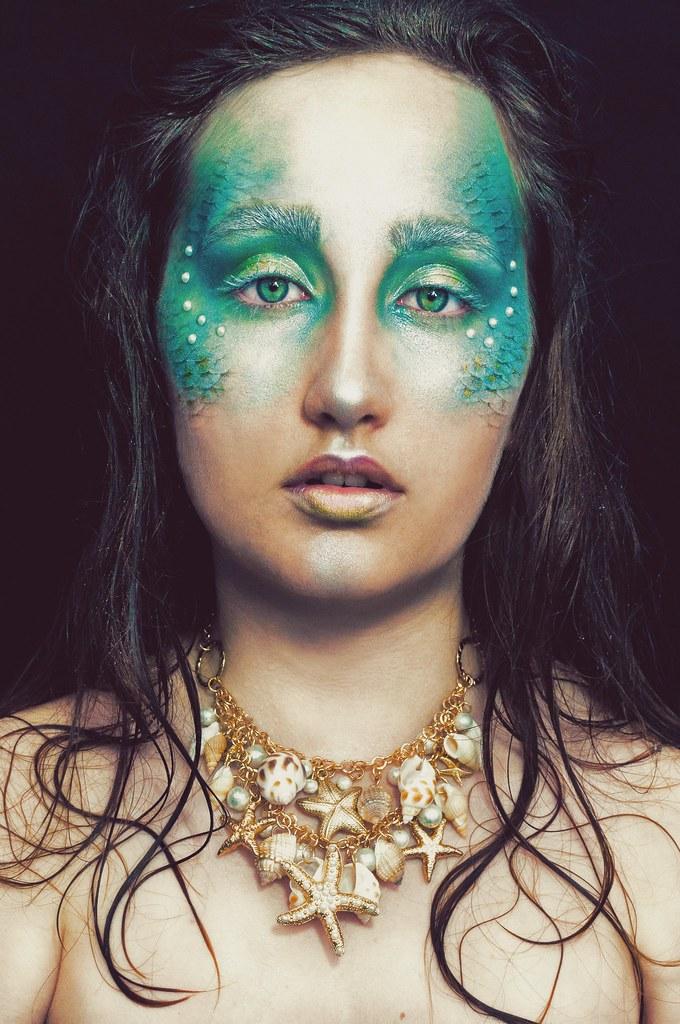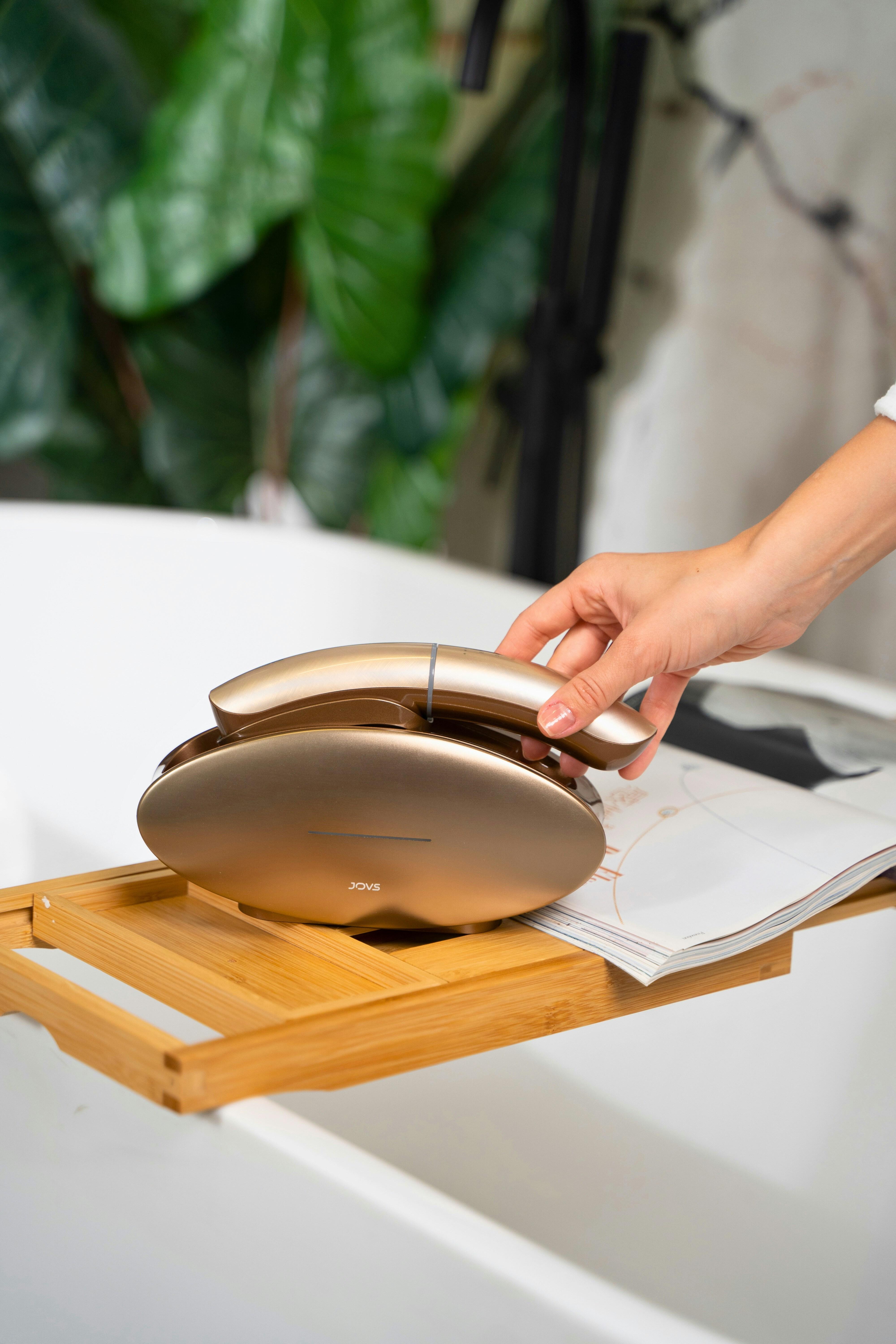Beauty Myths Debunked by Experts
In a world where beauty standards shift as swiftly as trends on a runway, it’s easy to get swept away by the allure of miracle creams and age-defying elixirs. Yet, beneath the glossy veneer of the beauty industry lies a tapestry of myths that have woven themselves into the fabric of our daily routines. From age-old wives’ tales to modern misconceptions perpetuated by social media influencers, these myths often lead us astray on our quest for radiance. In this article, we turn to the experts—dermatologists, cosmetologists, and beauty scientists—to shine a light on these myths, unraveling the truth and offering a path to a more informed, authentic approach to beauty. Join us as we embark on a journey to debunk the most persistent beauty myths and discover the science-backed realities that promise to transform our understanding of true beauty.
Skincare Secrets Unveiled: Separating Fact from Fiction
In the vast world of skincare, myths often masquerade as truth, misleading even the most dedicated enthusiasts. Our journey today involves experts unraveling these myths, allowing us to approach skincare with clarity and confidence. Here are some common misconceptions debunked:
- Myth: Natural ingredients are always better for your skin. While nature offers a treasure trove of beneficial ingredients, not all natural elements are suitable for every skin type. Some can cause allergies or irritations. Experts suggest understanding your skin’s needs and consulting with a dermatologist before embracing natural remedies.
- Myth: Drinking water alone will hydrate your skin. While staying hydrated is crucial for overall health, relying solely on water to maintain skin moisture can be misleading. Skincare experts emphasize the importance of a comprehensive routine that includes moisturizers and serums to lock in hydration effectively.
- Myth: Expensive products are more effective. Price tags do not always equate to efficacy. Dermatologists recommend focusing on ingredient lists rather than brand prestige, as many affordable products contain powerful, science-backed components.
By discerning fact from fiction, you can tailor a skincare regimen that genuinely benefits your skin, free from the constraints of misleading myths.

The Truth About Hair Health: Experts Weigh In
When it comes to maintaining lustrous locks, there’s no shortage of advice—some of which can be misleading. Experts in dermatology and trichology have been working tirelessly to debunk common myths surrounding hair health, revealing that not everything we hear is rooted in fact. One prevalent myth is that trimming your hair frequently will make it grow faster. Experts clarify that while regular trims prevent split ends and breakage, they do not influence the growth rate, which is determined by genetics and overall health.
Another common misconception is the belief that shampooing less often will result in healthier hair. Professionals argue that hair health is not solely determined by washing frequency but by using the right products tailored to your specific hair type and needs. They suggest focusing on quality over quantity, opting for sulfate-free shampoos and conditioners that nourish the scalp. Additionally, many believe that brushing hair 100 strokes a day leads to healthier strands. However, experts advise that over-brushing can lead to damage, recommending instead a gentle approach to detangle and style.
- Regular trims prevent split ends, not accelerate growth.
- Choose quality hair care products for your hair type.
- Avoid over-brushing to prevent hair damage.

Makeup Myths Busted: What You Really Need to Know
When it comes to makeup, separating fact from fiction can be as challenging as finding the perfect foundation shade. Let’s dive into some common makeup myths that have been debunked by beauty experts, ensuring your beauty routine is both effective and informed.
- Myth: Expensive products are always better. The truth is, price does not always equate to quality. Many affordable brands offer high-quality products that perform just as well, if not better, than their luxury counterparts. It’s all about finding the right formulation for your skin type and needs.
- Myth: You should match your foundation to your wrist. Your wrist often has a different undertone and exposure to sunlight than your face. Experts recommend testing foundation shades on your jawline or neck to find the most natural match.
- Myth: Pumping your mascara wand helps get more product. This habit can actually introduce air into the tube, drying out the mascara and leading to clumps. Instead, swirl the wand inside the tube to pick up more product without the risk of drying it out.
- Myth: Natural ingredients are always safe for your skin. While natural ingredients can be beneficial, they are not automatically safe for everyone. Allergies and sensitivities can occur with natural substances just as they can with synthetic ones. It’s essential to patch test and understand what works for your skin.
By shedding light on these misconceptions, you can make more informed decisions and enhance your makeup routine without falling prey to myths. Always remember, knowledge is your best beauty tool.

Anti-Aging Advice: Science-Backed Tips for Radiant Skin
Discovering the secret to radiant skin often involves sifting through a plethora of advice, some of which can be misleading. Here, we unveil science-backed tips that truly make a difference. Hydration is key. Drinking plenty of water keeps your skin plump and elastic, while moisturizing daily helps to lock in this hydration. The use of broad-spectrum sunscreen is crucial in protecting your skin from harmful UV rays, a major contributor to premature aging.
- Antioxidants: Incorporate foods rich in antioxidants, like berries and green tea, to combat free radicals.
- Retinoids: These vitamin A derivatives are scientifically proven to boost collagen production and promote cell turnover.
- Consistent Sleep: Ensure you get 7-9 hours of sleep each night to allow your skin time to repair and rejuvenate.
maintaining a balanced diet and managing stress levels can work wonders for your skin’s appearance. By focusing on these evidence-based practices, you can achieve a glowing complexion that stands the test of time.
Concluding Remarks
As we draw the curtain on our exploration of beauty myths, it’s clear that the world of skincare and cosmetics is as much about perception as it is about practice. With expert insights lighting the way, we’ve peeled back the layers of misconception, revealing truths that empower rather than perplex. Armed with knowledge, you can now navigate the aisles of beauty with confidence, making choices that reflect both your unique needs and the wisdom of science. Remember, beauty is not a one-size-fits-all concept but a personal journey, enriched by informed decisions and self-awareness. Let this newfound clarity be your guide as you continue to embrace and define beauty on your own terms.


